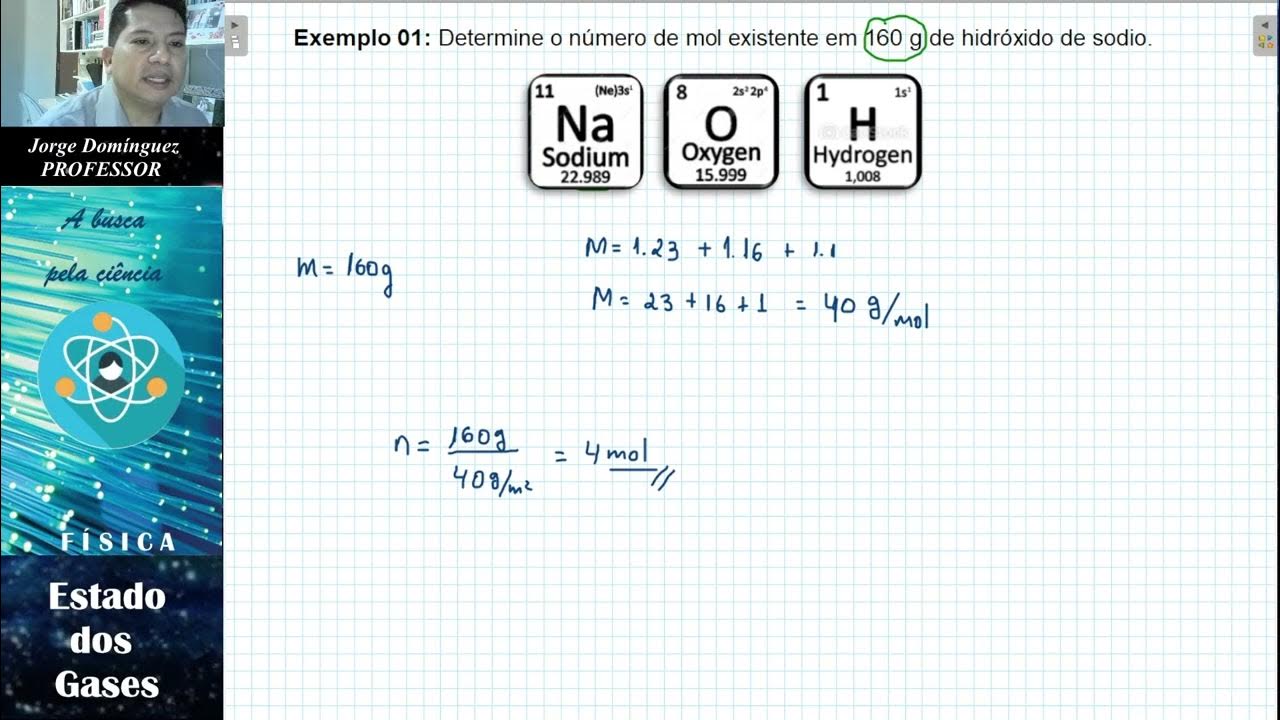Assumptions in Behavior and Behavior Management
Summary
TLDRThis video script delves into the fundamental assumptions of behavior and behavior management. It posits that most behaviors are learned and can be modified through reinforcements. Behaviors are also stimulus-specific, varying across different environments. The script emphasizes the importance of setting clear, individualized goals for behavior change, focusing on the present context, and the individual's environment. It concludes by advocating for reinforcement strategies and positive behavior supports over punitive measures.
Takeaways
- 🧠 Most behaviors are learned, according to behaviorists.
- 🔄 Behaviors are stimulus-specific and can vary in different environments.
- 🔄 Behaviors can be taught, modified, and changed since they are learned.
- 🎯 Behavior change goals should be specific and clearly defined.
- 👤 Behavior change programs should be individualized to suit each person's unique responses.
- 📍 Focus on 'here and now' to concentrate on current events within the individual's environment.
- 🌐 Behavior change programs should consider the child's environment as a potential site for antecedent manipulation.
- 🔧 Reinforcement strategies and positive behavior supports are preferred over punishment.
- 🔗 There is a concomitant change when a particular stimulus is applied, altering the response.
- 📝 Evidence-based practice in behavior management emphasizes positive behavioral support systems.
Q & A
What is the first assumption about behavior mentioned in the script?
-The first assumption is that most behaviors are learned, which is the premise of the behaviorist perspective in dealing with behavior.
How do reinforcements play a role in behavior according to the script?
-Reinforcements are associated with responses and are responsible for bringing about behaviors, both appropriate and inappropriate.
What does the term 'stimulus specific' mean in the context of behavior?
-It means that individuals behave differently in different environments, responding to specific stimuli with specific behaviors.
Can behaviors be changed if they are learned? Why?
-Yes, behaviors can be changed because if they are learned, they can be modified, taught, and altered.
Why is it important for behavior change goals to be specific and clearly defined?
-To change a behavior effectively, it is crucial to identify the target behavior and what needs to be done to change it.
What does individualization mean in behavior change programs?
-It means tailoring interventions to the specific needs and responses of an individual, recognizing that each person responds differently to stimuli.
Why should behavior change programs focus on the 'here and now'?
-Focusing on current events within an individual's environment helps identify the influences on their current behavior and allows for more effective modification.
How does the environment influence behavior change according to the script?
-The environment can influence behavior change by providing antecedents and being a setting where they can be changed or manipulated to affect the target behavior.
What is the role of reinforcement strategies in behavior change programs?
-Reinforcement strategies, especially positive ones, are crucial as they support behavior change by associating non-aversive stimuli with desired behaviors.
Why is it recommended to use positive behavioral support systems instead of punishment?
-Positive behavioral support systems are more effective in increasing desirable target responses, unlike punishment which tends to decrease them.
How does the script suggest we should approach behavior management?
-Behavior management should be approached by looking at how the current setting influences behavior and by focusing on positive reinforcement strategies.
Outlines

Esta sección está disponible solo para usuarios con suscripción. Por favor, mejora tu plan para acceder a esta parte.
Mejorar ahoraMindmap

Esta sección está disponible solo para usuarios con suscripción. Por favor, mejora tu plan para acceder a esta parte.
Mejorar ahoraKeywords

Esta sección está disponible solo para usuarios con suscripción. Por favor, mejora tu plan para acceder a esta parte.
Mejorar ahoraHighlights

Esta sección está disponible solo para usuarios con suscripción. Por favor, mejora tu plan para acceder a esta parte.
Mejorar ahoraTranscripts

Esta sección está disponible solo para usuarios con suscripción. Por favor, mejora tu plan para acceder a esta parte.
Mejorar ahora5.0 / 5 (0 votes)






